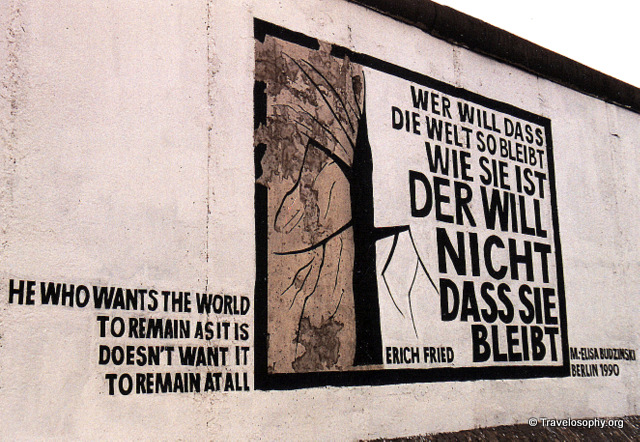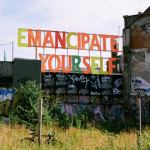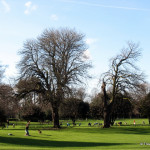
Introduction
“World without end”. We find this phrase in various religious scriptures and prayers, including Catholicism and Rastafarianism. It is a Doxology and it means forever. “Forever” is not dependent on the planet or the solar system or the galaxy. Neither does it depend on whether there is a concept of time or space. Nor on humans, or humanity and no species is guaranteed to be around forever.
The end of the world theme has been a human pre-occupation for almost forever. Yet, Armageddon has yet to come and the much anticipated end of the world in 2012 ended up in the continuation of the world. As we know, some of the ancient civilisations had a metaphysical (or to be more accurate, an energy related) understanding of this important and now famous event in time. It was understood to relate to human consciousness ending its present phase and shifting into a new one.
For example, the ancient Maya Civilisations of Central America were experts in mapping consciousness, whereas relatively speaking, modern man has made limited inroads into the subject. It is a field of study which people seem to find much less important than science for example, and indeed we would much rather attempt to understand consciousness through scientific methods than organically.
Interestingly, the meaning of “the end” was taken very literal by very many of us “moderns”, which brings us to the question: Are we then for the most part superstitious by nature? Why would modern man being as sophisticated and advanced as we are, be so influenced by predictions from ancient belief systems? In addition why would so many of us misconstrue the meaning of the end of a non-Gregorian calendar cycle and get so carried away? One might even ask, why would we care, because what we witnessed around the “end date” was the “collective consciousness of man” virtually swept up in a tide of angst and hysteria as we came closer to the end of 2012.
Heraclitus was famously quoted as saying: “Nothing is more constant than change”. This is undoubtedly true, but it would be a fair observation to make that one thing more constant than change would seem to be human beings’ resistance to it. We are not referring here to technological change or other forms of modernisation, but rather any change of the unknown kind. The “unknown” means uncertainty and uncertainty means the potential loss of security and this goes to the very heart of our modern sense of self.
To be more specific, as individuals we naturally tend to attach our sense of self to our jobs, our material possessions, our income, our status, our social groups, our education and our physical abodes. Generally we all aspire to the same and as a minimum requirement we all want to be at least as well-off as everyone around us. These psychological and physical structures of comfort are requirements for feeling secure, relevant, safe and good about ourselves. We build our strengths and abilities within them, but not outside of, or beyond them.
Within our cocoons of comfort we find security in conformity and perceived individuality in a culture of individual uniformity. Take our comforts away and we are shielded from the real world no longer, let alone prepared for a potential “New World” after a major shift. Change may challenge everything we know; a complete shift promises to demand from us what we really do not know. Herein lies the fear.
However, human resistance to change is not an unknown phenomenon. There must have been something else afoot. Throughout history the end has always been nigh, some way, somehow. For example the previously famous, now almost forgotten Y2K event comes to mind. Could it be possible then that as a species we have an innate biological fear of extinction, something which is triggered by particular events? Alternatively in the case of 2012, did we subconsciously and collectively know that “something was up”? Was something up?
In this series we will explore all of these themes and more.
To be continued…
By Jean-Jacques Montagnier © 2013. All Rights Reserved.
This is Part 1 of a series. Continue to PART 2.


2 Comments
Great post. Will try to reply properly there soon. For now…
Pingback: Building the New World Within (5) : Gypsy Café